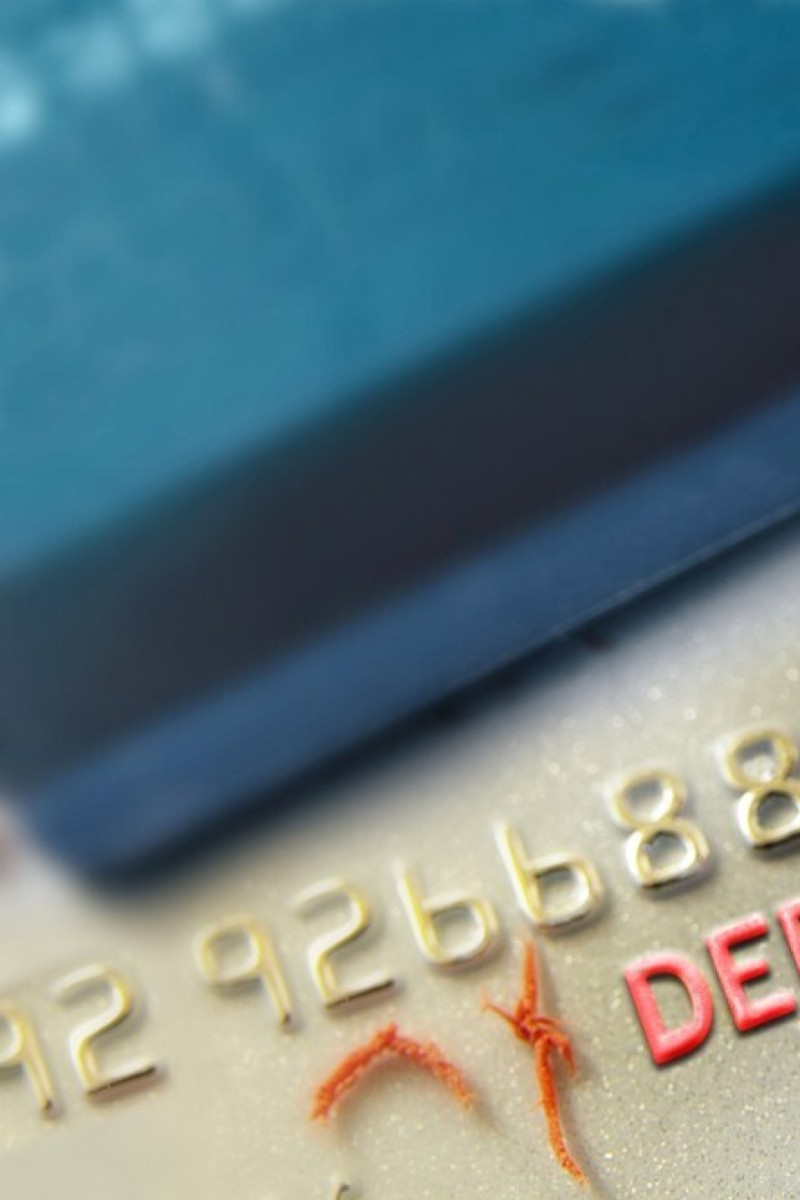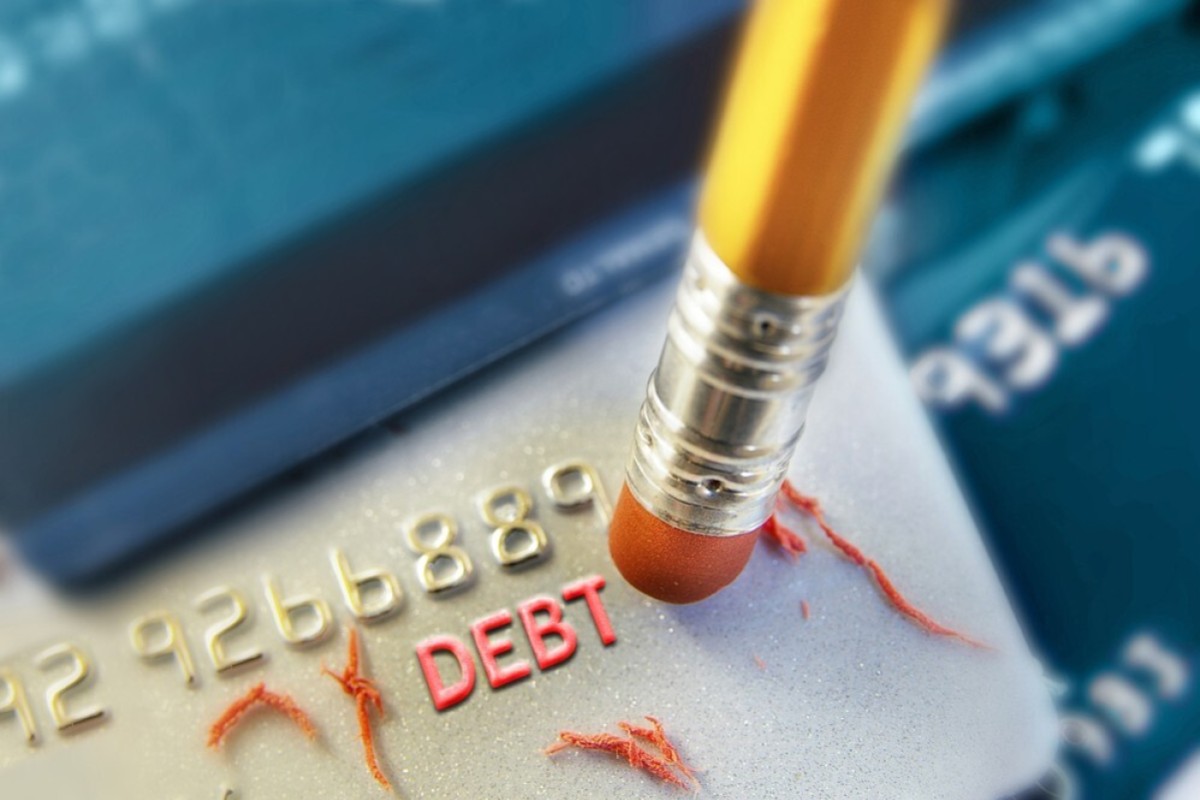
- You usually have to pay interest if you borrow money
- Credit cards charge the highest interest rate while educational loans from the government don’t start billing you until you graduate
 There are many different types of debt, for example credit card debt, student loans and personal loans.
There are many different types of debt, for example credit card debt, student loans and personal loans.You may have heard horror stories from your older cousins about drowning in student loans after four years of university. Or maybe your parents are always warning you not to overspend if you borrow their credit cards because they can only afford to pay off the minimum balance.
Both these financial products revolve around the concept of debt which, simply put, is money you have borrowed from someone else (usually a bank). While borrowing money to achieve your goals is not a bad idea, you must be aware of its drawbacks.
Luckily, we’re here to help by explaining how debt works and the common types of debt that students typically encounter.
How to make a budget and track your spending
What is debt?
Banks charge interest on the money that they lend. This interest is usually much higher than the interest they pay on your savings account. This is how banks make a profit.
Each type of debt has a different interest rate, but the important thing to remember is “there is no free lunch”, especially in the world of finance. As we mentioned earlier, banks are here to make a profit – their main goal is not to help you. Learning this lesson early in life will save you a lot of pain as an adult.
Student loans in Hong Kong typically charge a very low interest rate.
Credit cards
Credit cards basically lend you money and expect it to be paid back next month. If you pay off your credit card bill in full by the due date, you do not have to pay any interest. Credit cards are a useful tool that let you pay your bills in one place, bypass the hassle of carrying a lot of cash around, and buy things online.
However, if you cannot pay off the full amount by the due date, they are one of the worst forms of debt because they have incredibly high interest rates. Under the annual percentage rate (APR), banks are required by law to report their interest rates; credit cards typically have APRs of around 35 per cent.
To make things simple, let’s say you rack up credit card debt of HK$1,000. If, instead of paying it off in full, you decide to pay back in instalments over one year, you can expect to pay a total of HK$1,350 – of which HK$350 is interest.
How to open a bank account: Savings vs checking accounts, and ATM cards explained
You may even have to pay more than that if you choose to pay only the minimum amount each month, because interest is charged on the outstanding amount of the loan.
Some banks or credit card companies will try to entice you to spend more by giving you points or rebates on your purchases. Consider getting a credit card only if you intend to fully pay your bill each month.
You should also check if there is an annual fee for the credit card, because most banks will deduct this automatically each year.
Student loans
The Working Family and Student Financial Assistance Agency is a Hong Kong governmental organisation that provides students with low-interest loans for the purpose of education. Eligible applicants can apply for loans ranging from HK$30,000 to HK$50,000 for each year of study in an approved postsecondary programme, at an interest rate of 1 per cent per year. That’s a great, low rate.
Another good thing about student loans approved by this agency is that you do not start repayment until you graduate. Typically, you will start repaying your loan on December 1 of the year you graduate in 180 equal monthly instalments over 15 years. This means if you borrowed HK$200,000 in total, you can expect to pay HK$1,122 each month for 15 years. And you will only be paying around HK$10 per month in interest. Score.
Personal loans typically have a lower interest rate than credit cards.
Personal loans
Banks will probably not allow you to get a personal loan if you’re a student (because you do not have a stable income), but it’s still a good thing to know about them.
The APR for personal loans is usually about 6 per cent, and you can choose how long you want to take the loan for. Usually the minimum amount of time is six months while the maximum is 60 months. You will need to provide details such as monthly income, and proof of address.
